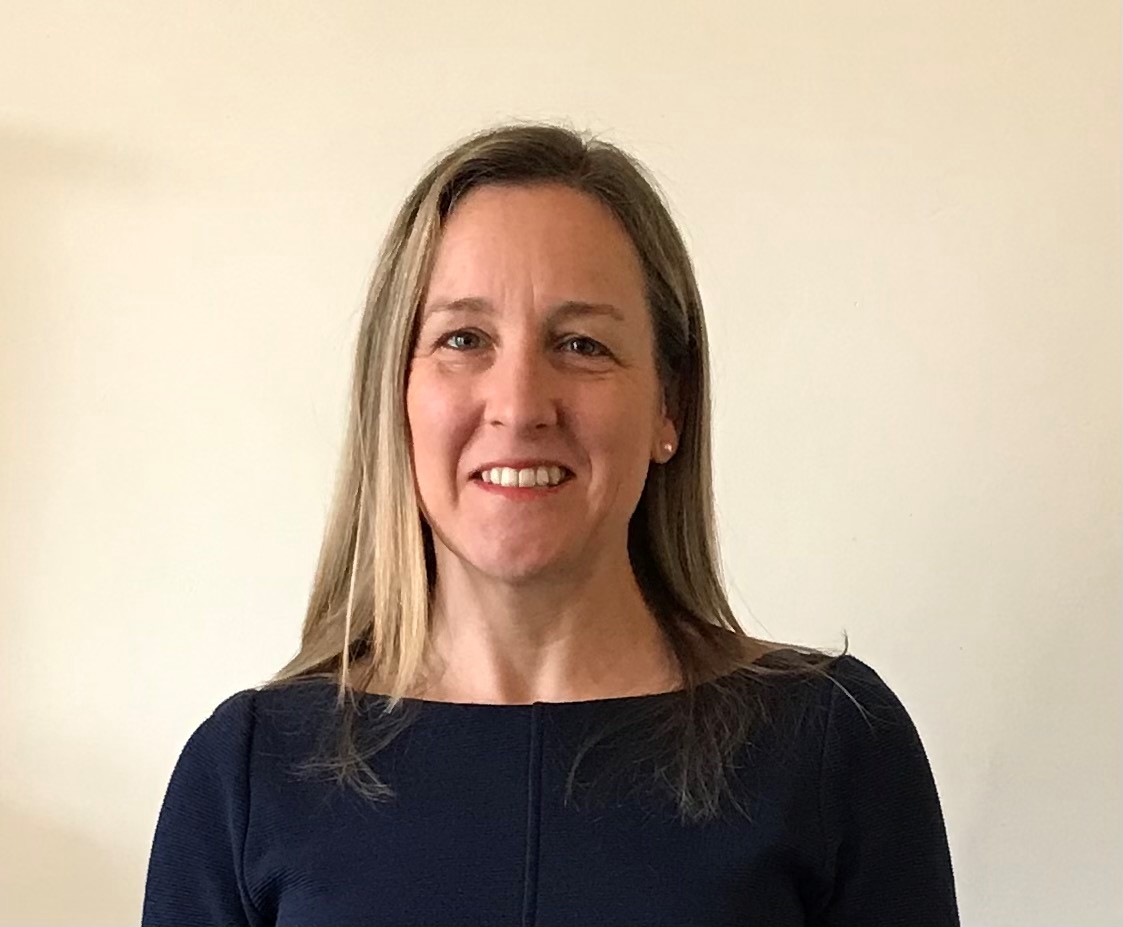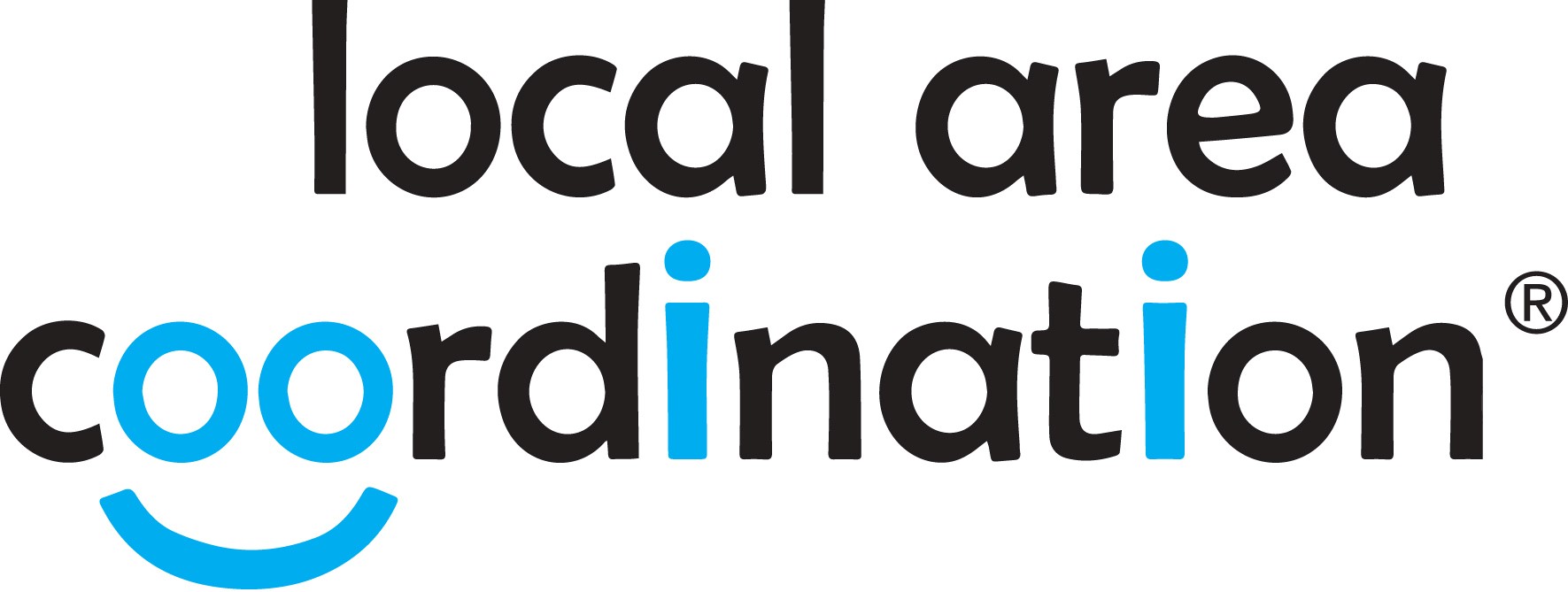Festive reflections from Pip Cannons, CEO
 As we come towards the end of the year, I want to reflect on 2023 and share my perspective on the year ahead.
As we come towards the end of the year, I want to reflect on 2023 and share my perspective on the year ahead.
2023 has been another good year for Community Catalysts!
- We have continued to extend our geographical reach into new areas and explored new markets and opportunities enabling more people to have choice and control over their care and support.
- In the last 12 months we have supported 647 enterprises, who collectively offer 11,034 hours’ worth of local support, creating 416 local jobs and 50 volunteering opportunities.
- We have continued to develop and deliver market leading projects and programmes that support our vison for “everyone across the UK, who needs care or support, to be able to live their lives in the way they want to as connected and contributing citizens”.
- We have enabled more people to have access to Local Area Coordination.
- Over 1 million people live in areas where Local Area Coordination is established.
- We have enabled more people to have their voices heard through our Big Conversations.
- Through our New Social Leaders programme, C4PC, FGC , LAC Network and Community Enterprise development programmes we have enabled organisations and leaders across the sector to think differently, be more brave and innovative, and to put people and communities at the heart of everything they do.
- We have worked with national and regional policy makers to continue to influence the future direction of social care and demand the reform that is critical for social care.
There have been, as always, challenges on the way. Getting stuff done on a day-to-day basis has not always been easy and not everyone sees things the way we do.
- We developed the Mavis and Meena story to help people to see the abundance that we see. And we gathered reflections from enterprise leads, commissioners and social care practitioners on our community enterprise development programme.
- We worked with Sheffield University, Hull University, Birmingham University and Swansea University to support research into Local Area coordination. And produced some videos that show the difference that this strength-based approach makes, through the eyes and voices of those supported.
Nationally, the economic and political climate has been difficult. More councils are experiencing financial strain, pressure on scare resources is increasing, people are not getting the support they need and the workforce is on its knees. Now more than ever different approaches and different thinking is required to reform the sector to overcome these challenges.
How is 2024 shaping up?
Forecasting the future is tricky! I don`t have a crystal ball, but I am optimistic. There is a growing consensus for the need for reform and the evidence base for strength-based approaches and preventative solutions is growing. We continue to have lots of interest in our work as local authorities seek new ways to manage cost and demand pressures and meet their responsibilities. But funding is tight, and we know that some authorities will need to make some difficult decisions.
At Community Catalysts we will continue to work hard behind the scenes to ensure we are in the best possible shape to deliver our projects efficiently and effectively. We will also continue to work alongside colleagues across the health and care sector, at a local and national level, to help create the conditions to enable reform. Ensuring that people affected by these changes are at the centre of coproducing the solutions.
My sincere thanks to you all for your continued support, without this we would not be able to effect the changes that make a difference to people and communities across the UK.
May I wish you, your families and friends a very happy Christmas and best wishes in the New Year.
Pip, CEO, Community Catalysts
Ta-ra from our Angela
As you may know, Angela Catley, Director of Development at Community Catalysts, has decided to move on after 15 years. She was pivotal to the development of Community Catalysts and contributed to many models and approaches to make the social enterprise what it is today. We thank her for her hard work and dedication and wish her all the very best in the future.
Read Angela’s, ‘Ta-ra from me’ farewell blog where she reflects on the past fifteen years at Community Catalysts.
Community Catalysts became a tight knit, tireless, values driven, endlessly creative team, one that I have been so so proud to have been part of for over 15 years.
Angela Catley
Director of Development, Community Catalysts
Local Area Coordination in Wales
On 14 December, the Local Area Coordination Network held a two-hour webinar about Local Area Coordination in Wales. It was a collaborative effort of the Local Area Coordination Network and the Welsh Local Government Association (WLGA), and was attended by 88 people from all over Wales who had an interest in the approach from a health, social care, local authority and voluntary community perspective.
 It featured the new research on the work of Swansea Council who are founding members of the Network and who have been developing the Local Area Coordination approach there since 2015. This exciting research will be released in full next year.
It featured the new research on the work of Swansea Council who are founding members of the Network and who have been developing the Local Area Coordination approach there since 2015. This exciting research will be released in full next year.
Our hope is that the event will lead to more conversations about bringing the Local Area Coordination vision to more people in Wales. We’ve already had some positive follow up emails and offers of further chats. As is often said in the world of Local Area Coordination, it all starts with a conversation. We certainly hope to be having a lot more of those in Wales in 2024.
Creating stronger rural communities in Wales
Amy Kordiak and Fran Lowden from Community Catalysts got invited to present at the Rural Health and Care Wales Conference in November.

It was a great opportunity to showcase the difference that community micro-enterprises are making to people in the Glyn Ceiriog (Wrexham) Valley – how they are supporting people into work in rural communities, and paving the way for people to have more choice and control over the support they choose.
Amy and Fran shared their reflections on the event and on what was achieved in the Valley.
Develop your leadership qualities
Would you or your team like to develop leadership skills and capacity in the new year?
Don’t miss out on our New Social Leaders opportunity. Led by Nick Sinclair, Director of the Local Area Coordination Network, it brings small groups of people together online to build connections, share learning and grow leadership qualities.

Dates and times in the new year:
18 March 2024, 12.30-2.30pm
08 April 2024, 12.30-2.30pm
22 April 2024, 12.30-2.30pm
06 May 2024, 12.30-2.30pm
A brighter social care future

Groups of people with different experiences of social care worked together to discuss issues related to social care that are important to them, while reflecting on and interpreting research on these issues.
An evidence review – coproduced by Research in Practice and Social Care Future – is the result of those rich and diverse discussions and is structured around Social Care Future’s five key changes needed in social care to unlock an equal life:
- Communities where everyone belongs
- Living in the place we call home
- Leading the lives we want to live
- More resources, better used
- Sharing power as equals
In the review, Local Area Coordination in Thurrock is given as an example of systems leadership. Senior managers from adult social care proactively engaged with other senior leaders in housing, mental health, fire and rescue, public health, and the police. This led to the creation of Local Area Co-ordinators (LACs).
Watch some of our videos on the impact LAC has made to people in Thurrock and in other areas.
Department of Health and Social Care and LACN
On 11 December, several members of the Local Area Coordination Network gathered together online with colleagues from the Department of Health and Social Care (DHSC) – who have been leading the developing of the Accelerating Reform Fund for adult social care – to have a conversation about Local Area Coordination.
We heard reflections from well established areas, new ones and areas who want to do it but who do not have the resource. We had an insightful discussion around how the DHSC could support and will keep the conversation going next year.
